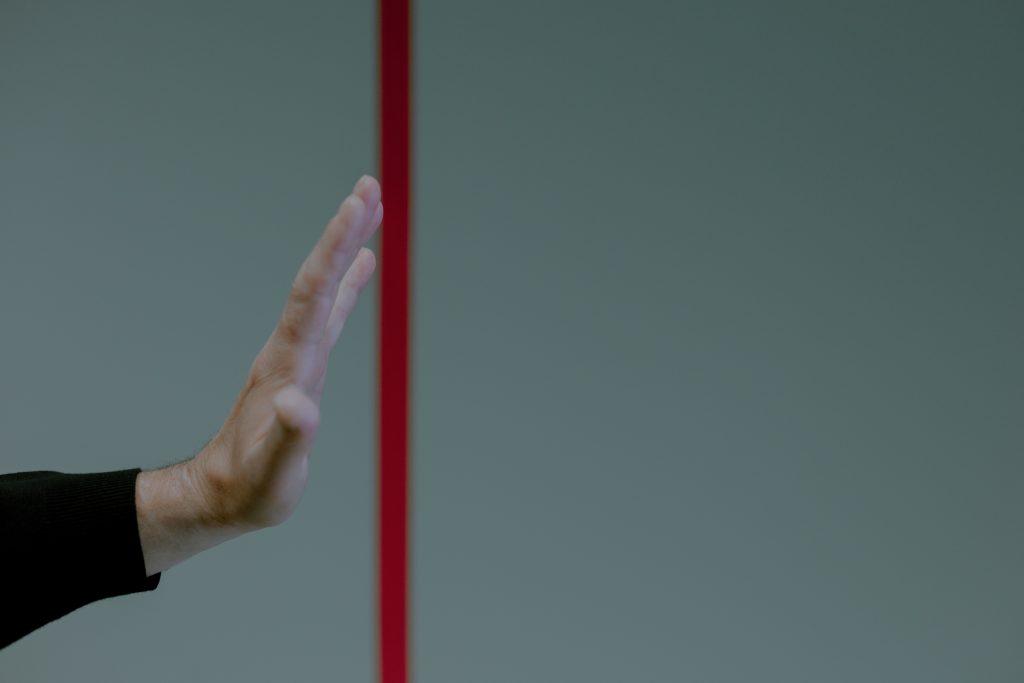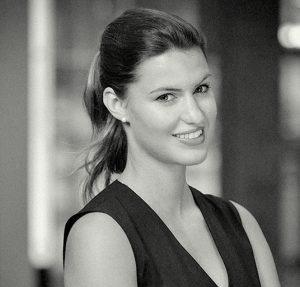This blog post is for anyone who, like me, is still figuring out how to build boundaries. And healthy boundaries, at that.
The last year of my PhD the need for boundaries became increasingly evident. I quickly realised that deadlines simply would just not be met if I didn’t enforce some sort of limitations on my amount of socialising. I’ve never been a social butterfly—you’re more likely to find me tucked into a good book on a Friday night than out at a pub. But in the last year of my PhD, I was a full-time student working full-time job at a charity, also running a new start-up, and volunteering. These commitments were not only time consuming, but emotionally and mentally demanding. I knew that something had to give. In the end, what gave were my relationships.
Wellbeing is all about balance. I knew that maintaining community was vital for preventing burnout, yet I swung too far towards the extreme—essentially cutting out social interactions in my life, which meant cutting out healthy outlets that are important for my wellbeing. This meant going to the gym less, enjoying less good food and wine, less laughter, and reduced faith community. In other words, my boundaries were too high. I lost the community that had always been my sounding board, my place to rant, shoulders to cry on, and the people who never failed to make me laugh. Instead of helping me focus and get more work done, it had unexpected and adverse effects on both my wellbeing and my productivity. Long story short, nestled deep within the shadows of my sky-high boundaries, I burnt out.
Poet Ine Grace writes: “Boundaries aren’t walls to keep people out, they are tools to let the right energy in”. Based on this quote and continuing with the metaphor of walls, perhaps it’s helpful to think of healthy boundaries more like a revolving glass door and less like the Great Wall of China. The first is constantly moving; people and things come in and out of your life, and enter at a controlled pace. Perhaps as one person enters, another leaves, freeing up space. The Great Wall, on the other hand, is impenetrable and not easily circumnavigated. It’s impossible to see through, over, or beyond it.


We should also be mindful when trying to erect healthy boundaries, as we might be building them in the wrong place. I had far more rigid boundaries for socialising, for example, than I did on my eating habits, even though both had huge implications for my wellbeing. I would turn down opportunities to see a friend but then binge eat Nutella while watching hours of Netflix. Or I would decrease the number of times I called my parents, but not limit the amount of self-criticism I issued myself as I missed paper deadlines.
Of course, a big dollop of self-compassion is essential as we do the complex work of setting and maintaining boundaries. What works for one doesn’t work for all. And if we’ve chosen to ignore a phone call from a friend so that we could watch cat videos on YouTube while eating ice cream… Hey, don’t beat yourself up, we’ve all been there.
But it does become a problem when such indulgences become habitual, when they begin taking a toll on our mental health and wellbeing. Maybe it’s time for an audit on our boundaries. Are they made of glass and easily opened to let in the right people and energy? Or are they built of stone and impenetrable? Are they helping, or hurting? Are there any that you can take down, or any that you should build higher?
What this means in practice, then, is not bidding adieu to every person or activity in your life that you don’t consider conducive to your work. It’s about prioritising our time and our relationships, saying ‘no’ or ‘not right now’ to the commitments that are not helping us on our journey, while welcoming those that do.
Tags
About the author

